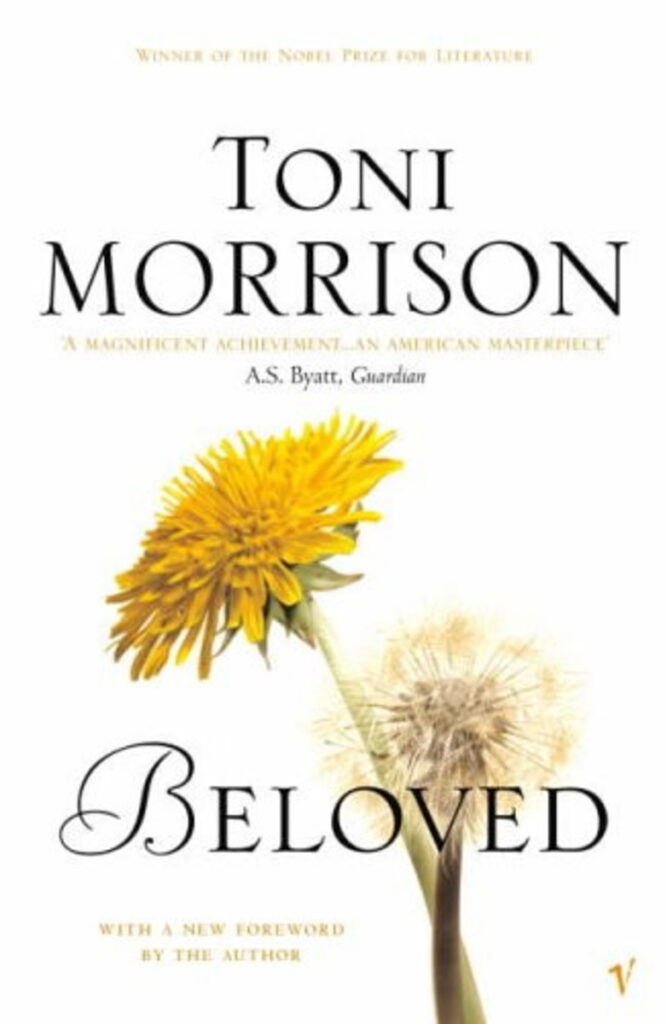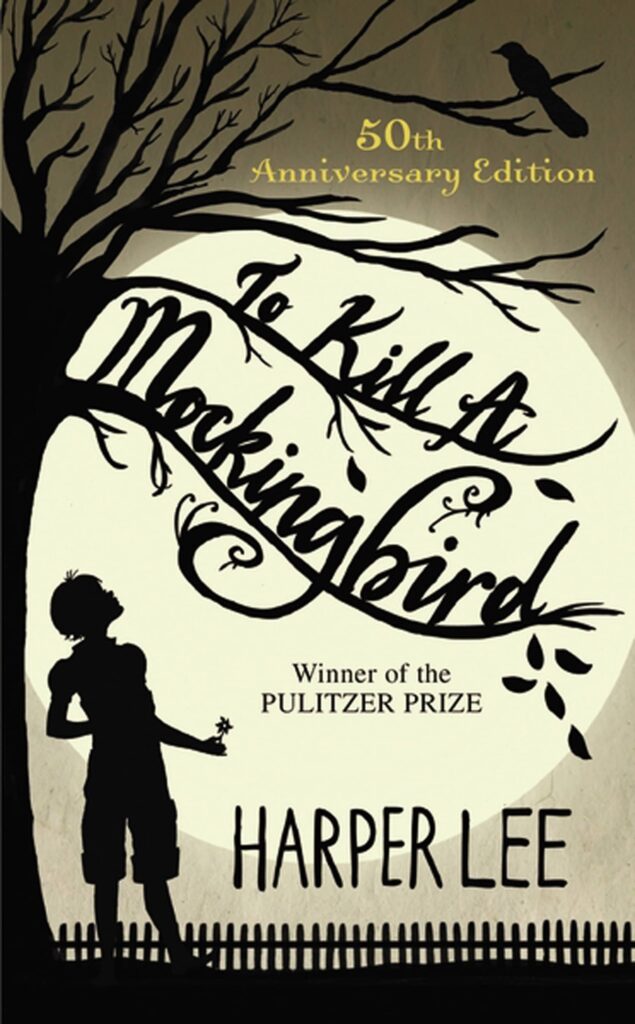by William Trollinger

White fragility is really a thing.
When pressed, Taylor University’s provost, Jewerl Maxwell, explained to writing professor Julie Moore that the specific reason she was being fired had to do with the historian Jemar Tisby. Moore had not assigned any of his terrific writings, but she had included this Tisby quote on her syllabus:
The refusal to act in the midst of injustice is itself an act of injustice. Indifference to oppression perpetuates oppression. History and Scripture teach us that there can be no reconciliation without repentance. There can be no repentance without confession. And there can be no confession without truth.
Yikes. Can’t have those fragile white evangelical students seeing the truth of America’s racist past and present . . . and, especially, can’t have their fragile white evangelical parents realizing that their children are learning the truth about America’s racist past and present.
Taylor’s decision to fire Julie Moore is appalling, especially when one takes into account that Marion – the Indiana city just 14 miles from Taylor – was the site of the particularly horrific 1930 lynching of two African Americans, Thomas Shipps and Abram Smith. In response to Moore’s firing, the Marion Community Remembrance Project Coalition – dedicated to remembering this awful event and its victims – has expressed its unhappiness with the university, asserting that
We stand wholeheartedly with the BIPOC students of Taylor University who are impacted by this decision. We reject the implications of Provost Maxwell’s actions: that their voices, stories, and experiences are not valid or worthwhile in a post-secondary educational setting.
Yes, Taylor’s decision to fire Julie Moore is appalling. Unfortunately, it turns out that the “voices, stories, and experiences” of BIPOC students are also not valid or worthwhile in many K-12 educational settings. This is particularly obvious when one looks at the escalating campaign to ban books from classrooms and school libraries.
PEN America is an organization that “works to ensure that people everywhere have the freedom to create literature, to convey information and ideas, to express their views, and to access the views, ideas, and literatures of others.” So it makes sense that PEN America is working overtime to keep track of these book bans.
The organization has identified four types of book bans:
- Banned in school libraries and classrooms.
- Banned in school libraries.
- Banned in classrooms.
- Banned pending investigation (which can last months or even years).
Here are the key findings from PEN America’s most recent report:
- “During the first half of the 2022-23 school year [there were] 1,477 instances of individual books banned, affecting 874 unique titles, an increase of 28 percent compared to the prior six months.”
- “The full impact of the book ban movement is greater than can be counted, as ‘wholesale bans’ . . . in which entire classrooms and school libraries have been suspended, closed, or emptied of books . . . are restricting access to untold numbers of books.”
- “This school year, instances of book bans are most prevalent in Texas, Florida, Missouri, Utah, and South Carolina.”
- “Overwhelmingly, book banners continue to target stories by and about people of color and LGBTQ+ individuals. In this six-month period, 30% of the unique titles banned are about race, racism, or feature characters of color. Meanwhile, 26% of unique titles banned have LGBTQ+ characters or themes.”
From PEN America’s list of books that were banned this past fall, here are 42 of the banned books that deal with race and racism.
White fragility is really a thing.











































The 1619 lies project? Are you serious? Blacks sold blacks as slaves. If they did not do this, whites would not have fought to end the slavery blacks introduced to Europeans. Why are bipocs fragile to this fact? 🙂
John, you seem to be missing some basic points about U.S. history. The first slaves were here in 1619, but slavery is not abolished until 1865 (246 years later). During that time lots of white folks (North and South) made an enormous amount of money from slave labor, in the process treating their slaves brutally, including, of course, rape. Finally we have the Civil War — and I am glad that you seem to acknowledge that this was a war about slavery — in which white AND black soldiers (including a raft of runaway slaves) in the Union Army fought to defeat the rebel South, which thus ended slavery. But you seem to have forgotten all the white soldiers on the other side who fought to PRESERVE slavery (and please don’t trot out the falsehood that there were all these black soldiers fighting for the Confederacy). And while they lost, after the war white Southerners (with the support of many white Northerners who supported them, including the Supreme Court) successfully created a Jim Crow system that put black people as close to slavery as possible, and that lasted almost a century.
That some African chiefs sold people to greedy European slave traders does not change this history.